On the evening of July 24, Leap Motor officially launched its B-series second product, the A-class compact electric sedan B01. The launch has attracted considerable attention in the industry for two main reasons. Firstly, its starting price of 89,800 yuan has set a new low for electric vehicles priced below 100,000 yuan. Secondly, the vehicle can be equipped with lidar starting at 113,800 yuan, breaking the previous record of 119,800 yuan set by its sibling model, the Leap B10, four months ago. However, these developments have merely sparked 'interest' among observers, as the competition in pricing and features is a prevalent theme in the domestic automotive market. While the Leap B01 has set temporary records, industry insiders view this as a routine occurrence amid the ongoing fierce competition.
The situation took a turn when rumors surfaced online that FAW intends to develop new models based on Leap Motor's B platform for overseas markets. Both companies will adopt a collaboration model similar to that between Leap Motor and Stellantis. Additionally, FAW-Volkswagen plans to collaborate with Leap Motor, mirroring the partnership between Volkswagen and Xpeng, to develop new models in the domestic market based on Leap's technological framework.
Despite not generating as much hype as other companies, the strategic cooperation memorandum signed between FAW and Leap Motor in early March is recognized for its significance. It was reported that the first jointly developed model, C-NOVA (a mid-to-large pure electric SUV priced at around 250,000 yuan), would feature Leap's advanced smart cockpit and FAW's independently developed electric drive system, with production expected to begin in 2026 at FAW's Changchun factory. However, since the signing on March 3, there has been no further information, which seems inconsistent with the ongoing transformation FAW is experiencing.
The recently revealed information showcases a broader and deeper prospect than just developing a single model. The cooperation between FAW and Leap Motor is divided into two dimensions: firstly, to leverage each party's research and development strengths for joint development of new energy passenger vehicles and component cooperation; secondly, to explore the feasibility of deepening capital cooperation for resource synergy across the entire industry chain.
The signing between FAW and Leap Motor has initiated a new wave of collaboration between state-owned enterprises and private companies. This level of cooperation, particularly in capital collaboration for industry-chain resource synergy, is unprecedented for state-owned vehicle groups. The partnership indicates that Leap Motor can provide valuable overseas experience and channels to FAW, which has been seeking to expand its Hongqi brand internationally.
As of May 13, Leap's international cumulative export sales reached 13,600 units, achieving breakthroughs in ten European countries including Germany and the UK. This is a ready path for FAW, which has been aiming to expand its brand internationally. Moreover, the B platform information suggests that the C-NOVA will be based on Leap's latest LEAP 3.5 electronic and electrical architecture, integrating L2-level driving assistance systems, which will significantly shorten the development and testing cycle for FAW.
Meanwhile, despite facing challenges, FAW-Volkswagen has made progress in the first half of 2025 with the Volkswagen brand achieving 436,000 cumulative sales, reflecting a 3.5% year-on-year increase. Audi and Jetta brands also reported significant growth. However, the urgency for FAW-Volkswagen to develop new energy products is evident, especially as the company plans to introduce 10 new energy models by 2026.
Leap Motor's deep partnership with FAW-Volkswagen will not only enhance its credibility and industry status but also open up opportunities for financing, policy benefits, and breakthroughs in domestic markets. The collaboration could also position Leap to participate in setting industry standards, although there are significant challenges and risks ahead. The partnership must navigate the differences in technical approaches and company cultures to succeed. Should this unprecedented collaboration be successful, it could reshape the transformation model of state-owned car manufacturers in China.
Leap Motor Launches B01 Electric Sedan Amid Strategic Partnerships
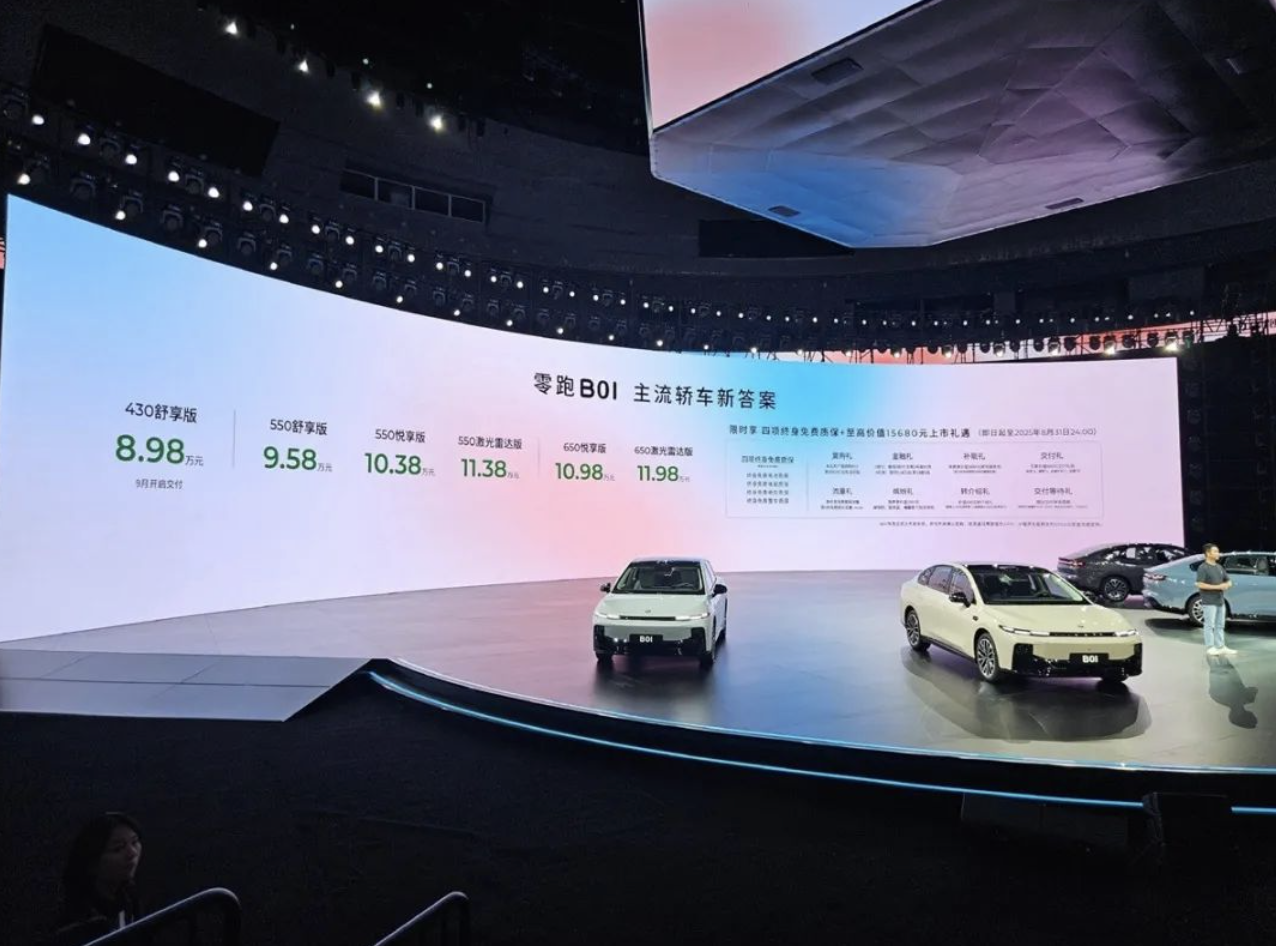
Images
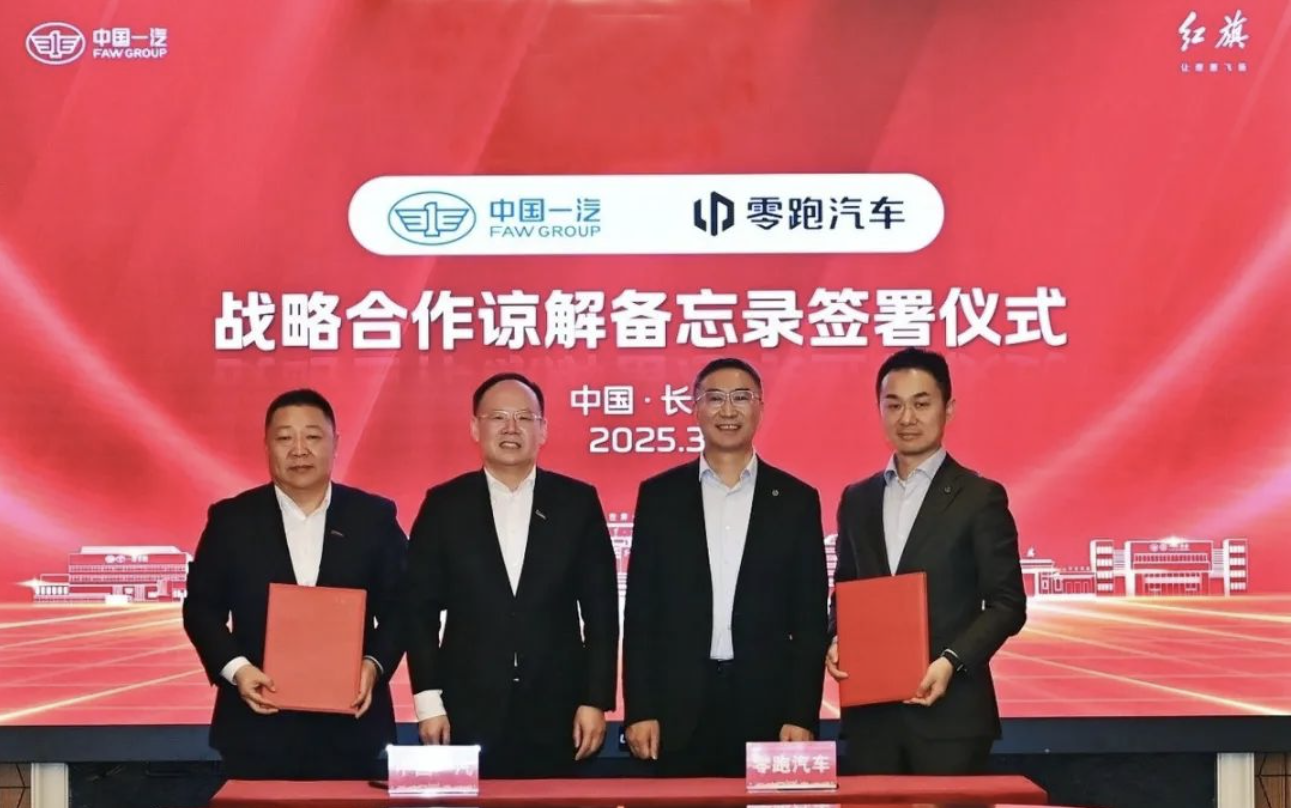
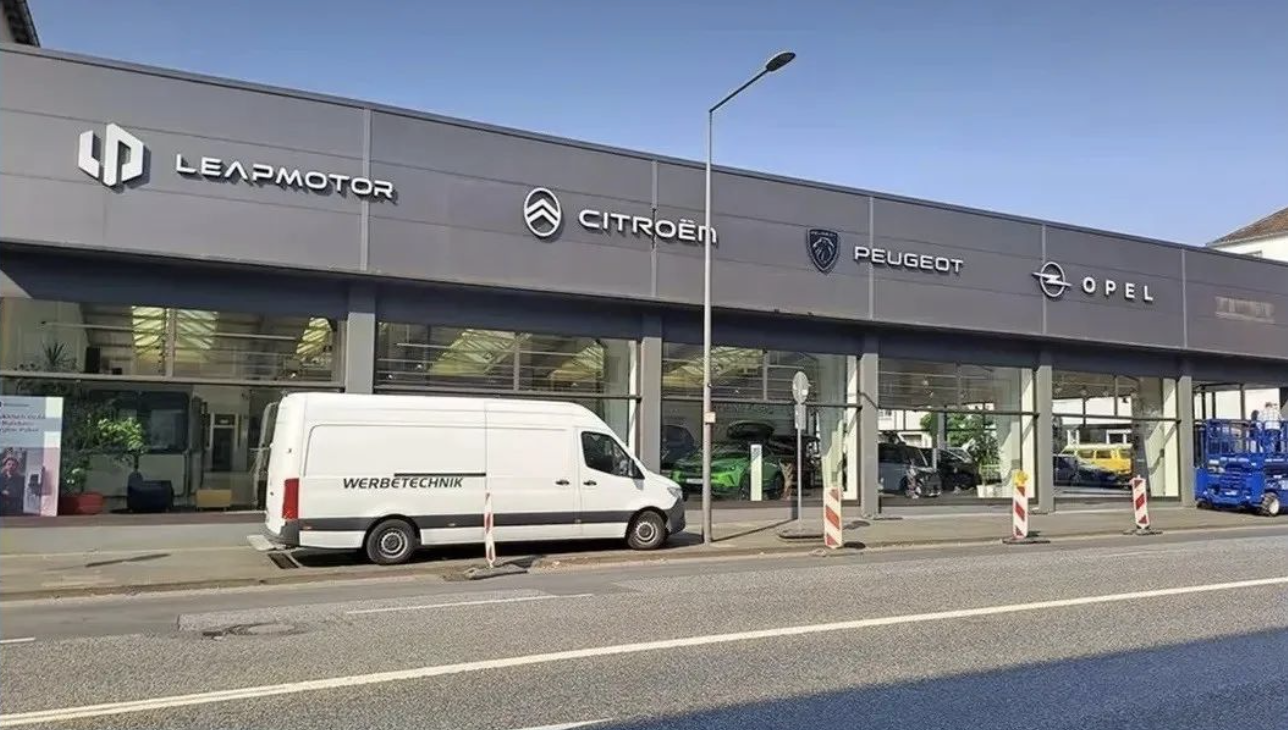
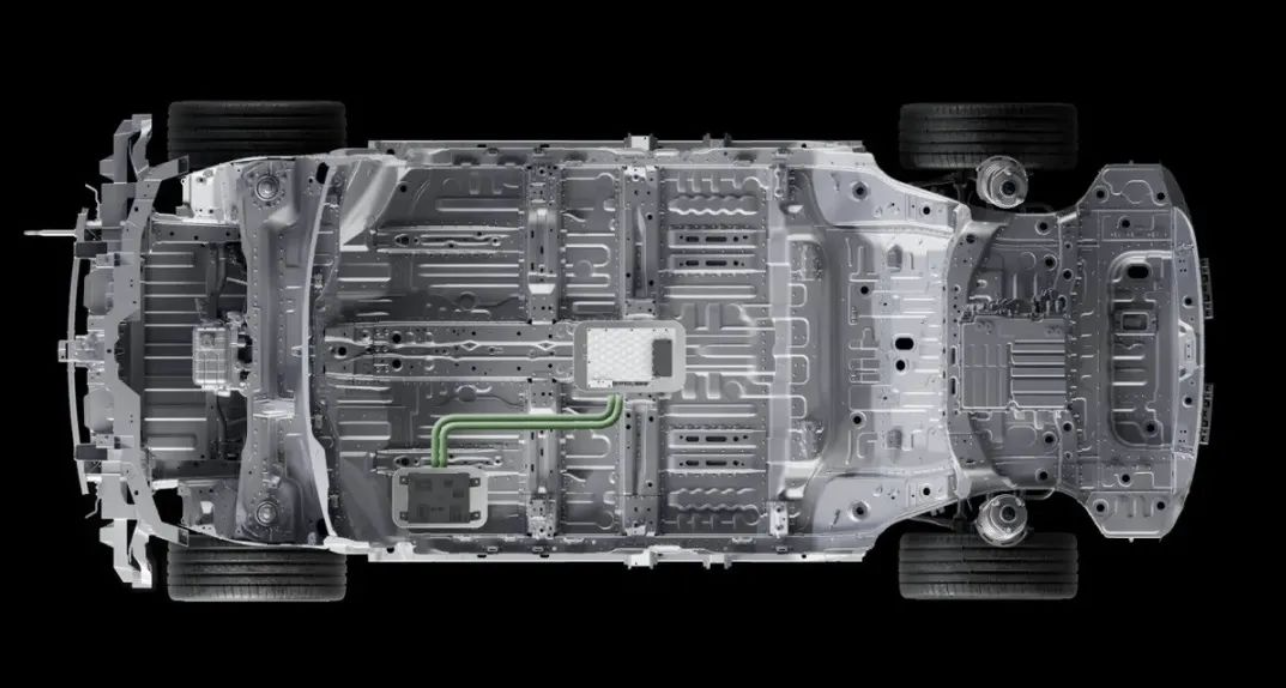

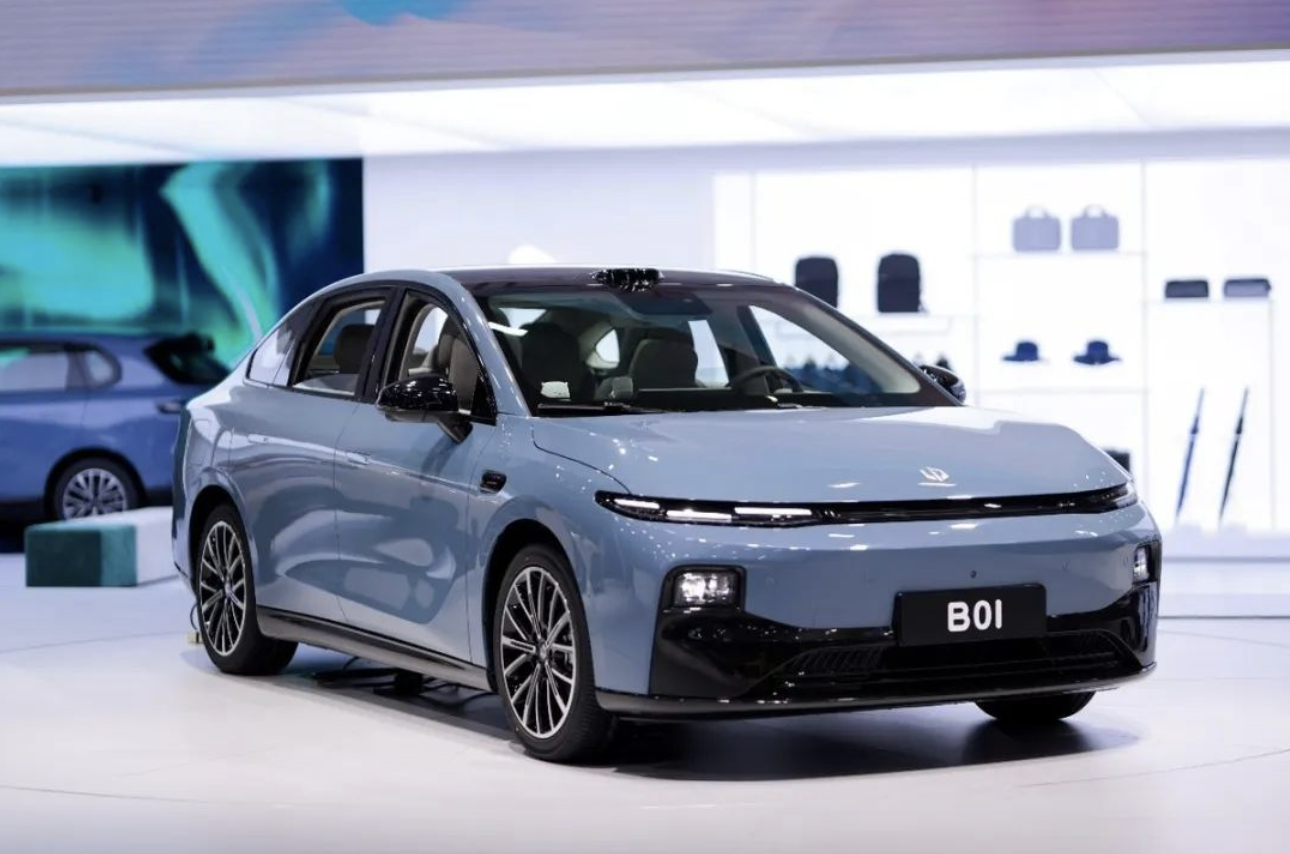
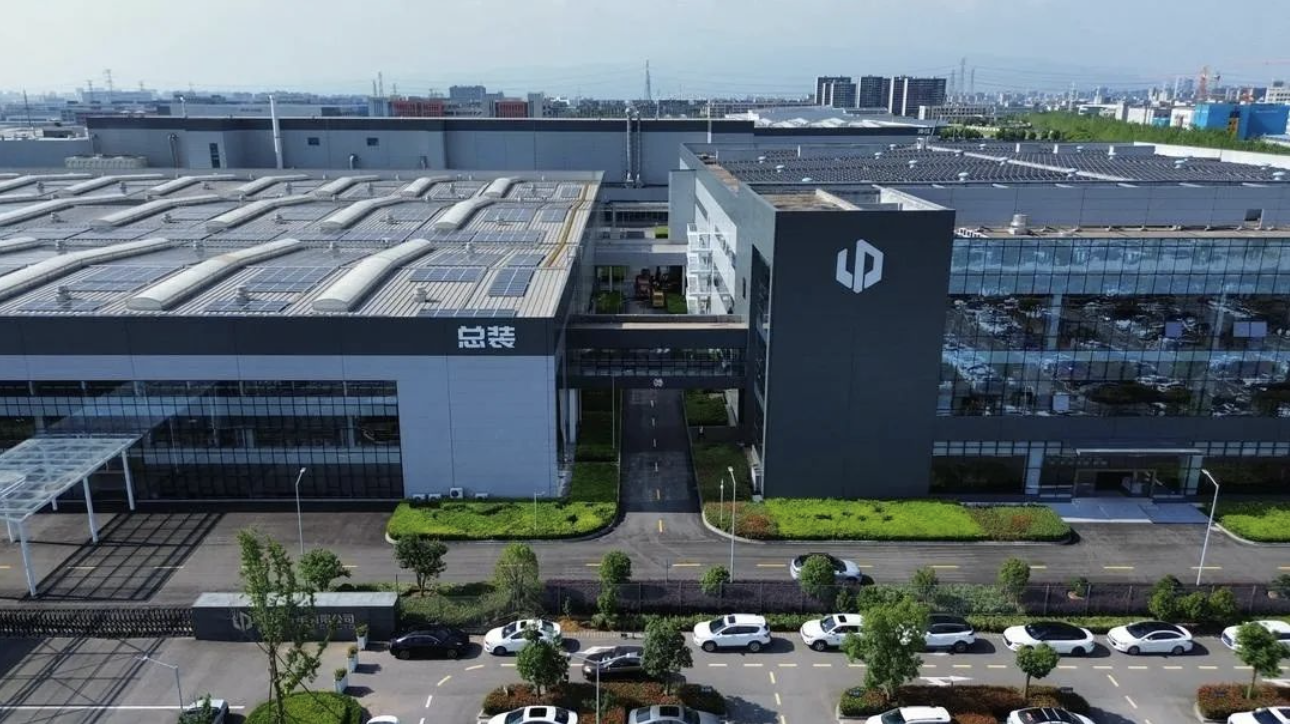
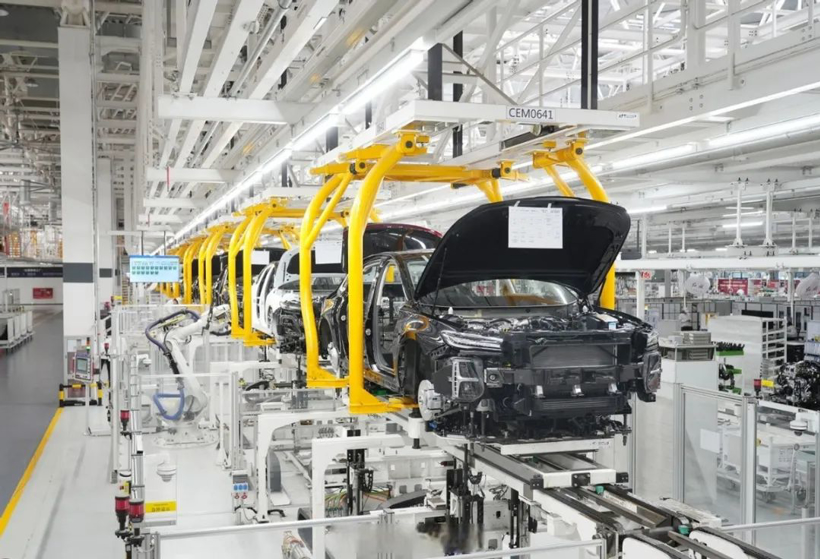
Share this post on: